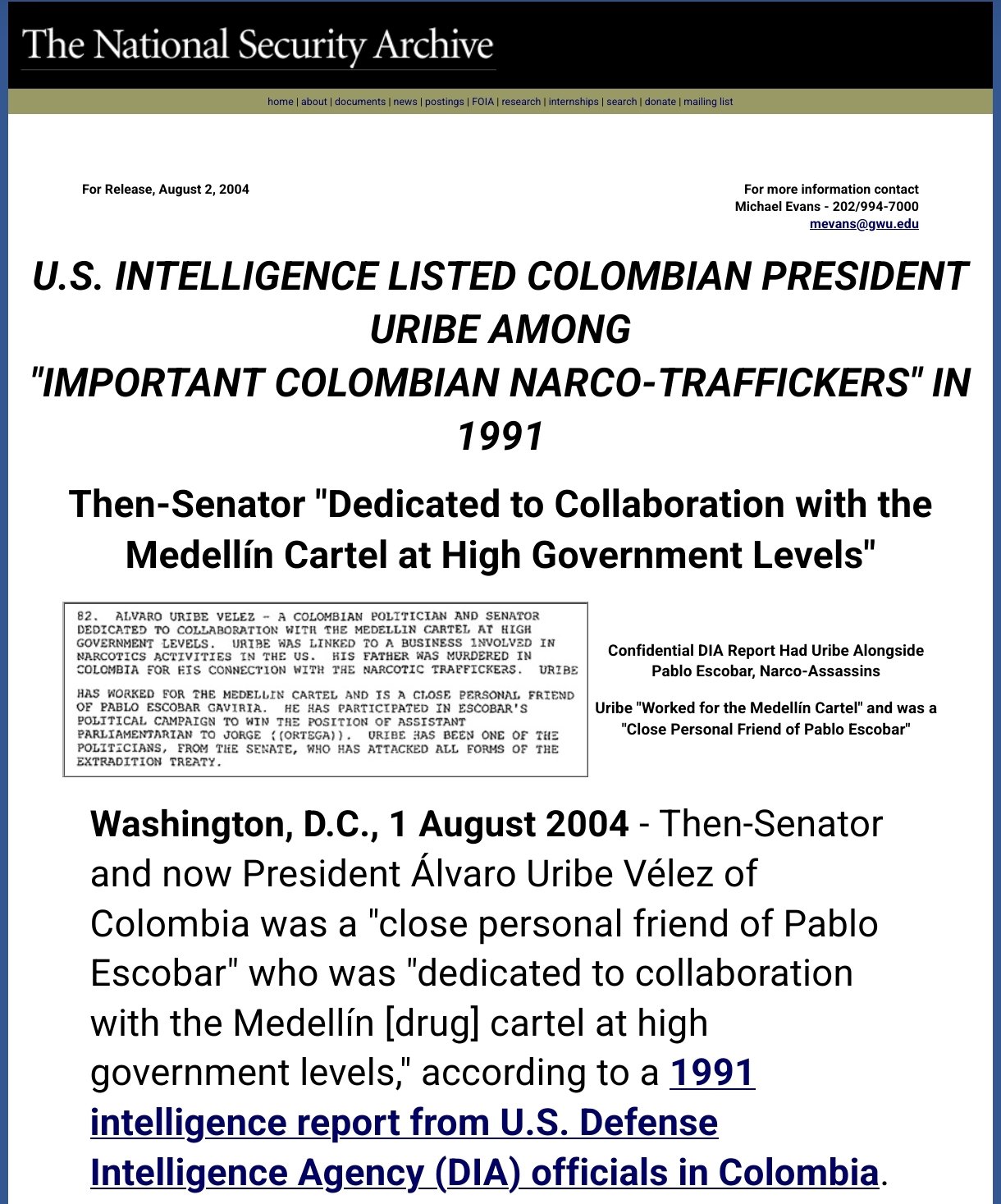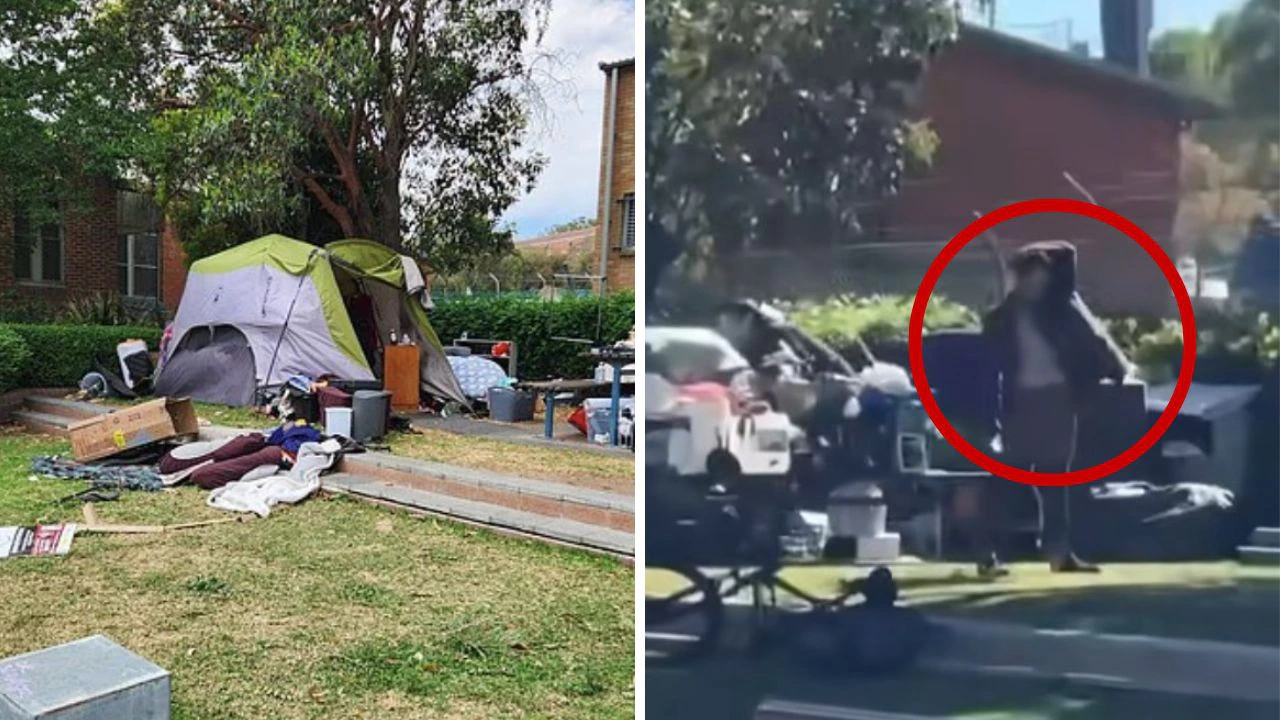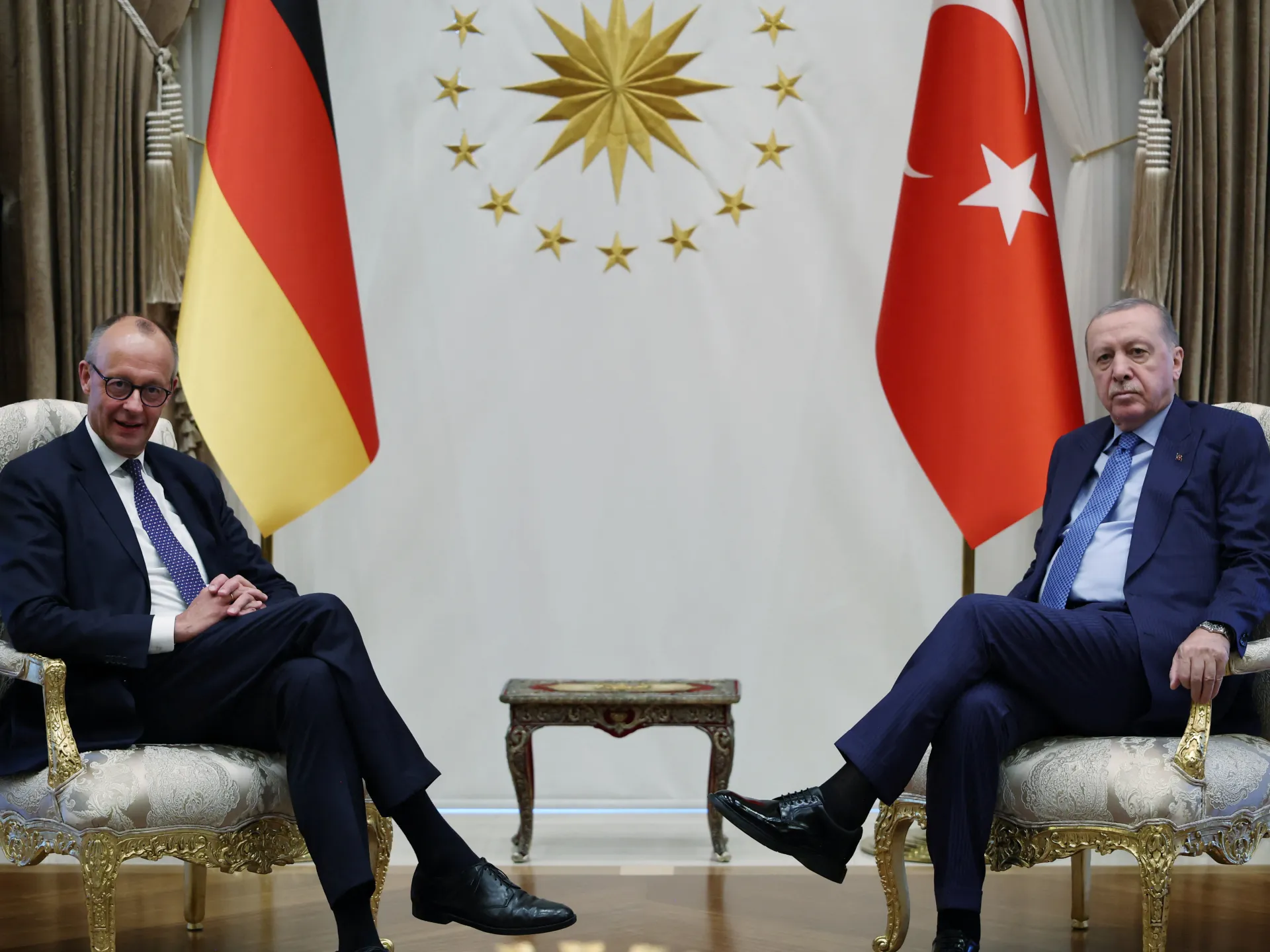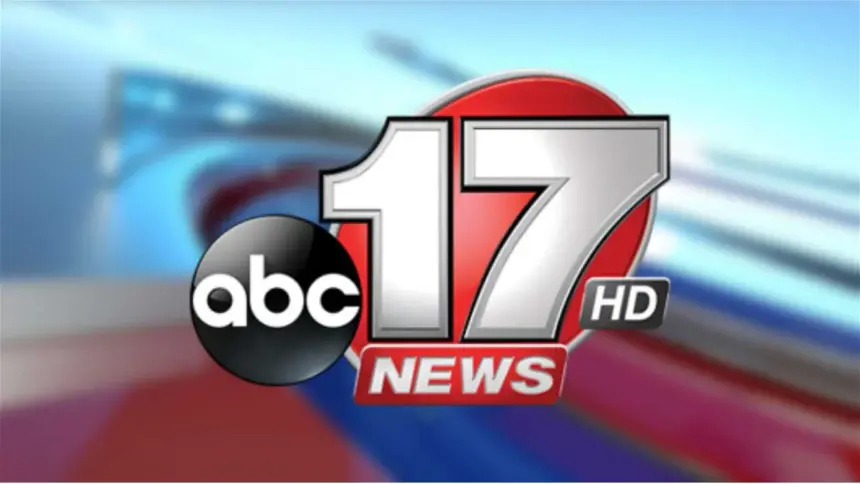Copyright Naked Capitalism

“There will be no advances in negotiations with the United States if Marco Rubio is part of the team.” Luiz Inácio Lula da Silva US-Brazil relations are apparently back on track, at least until President Trump’s next tantrum. Brazil’s President Luiz Inácio Lula da Silva reportedly had a “very good meeting” with Trump on the side lines of the 47th ASEAN summit in Kuala Lumpur earlier this week. Lula presented Trump with a written document outlining arguments against the US tariff hikes on Brazil while also acknowledging that the US has the right to impose the measures. At the same time, the US desperately needs a new supplier of rare earth minerals, and Brazil just so happens to be the world’s second largest after China. In other words, the economic self-interest of the US government, military and corporatocracy is now of greater importance than the fate of Trump’s recently imprisoned right-wing buddy, Jair Bolsonaro — or for that matter, Lula’s recent pronouncements in favour of de-dollarisation. Lula has also sought to play a mediating role in the Caribbean as the Trump administration has escalated its threats and actions against Venezuela and Colombia while expanding the scope of its maritime extrajudicial killings to the Mexican Pacific. But for negotiations to prosper, Lula has called for the removal of one major stumbling block: US Secretary of State Marco Rubio: “I am a president with a lot of experience. Even though it may not seem so, I do have a lot of experience… If you want a deal to succeed but put someone with bad will at the negotiating table, there will be no deal. While Lula does not call out Rubio by name in the clip, he apparently did so at another moment in the press conference speech. From Infobae: There will be no advances in negotiations with the United States if Marco Rubio is part of the team. He opposes our allies in Venezuela, Cuba and Argentina. In recent months, Rubio has also extended his attacks to Brazil, especially after the Supreme Court’s conviction of Jair Bolsonaro, which he denounced as a “witch hunt.” He even pushed for sanctions under the Magnitsky Act against Brazilian officials, including Viviane Moraes, the wife of Supreme Court Justice Alexandre de Moraes, who presided over Bolsonaro’s trial. Lula’s criticism of Rubio, both in public and private, already appears to be paying dividends, says the Argentine political scientist and specialist in international relations, Bernabé Malacalza, in an interview with Diario Red: “Lula’s position has taken Marco Rubio out of the field, at least in the negotiation. He was not seen at the first meeting of the negotiating table, and that is due to the firmness of the Brazilian president.” The recent thaw in relations between the Trump administration and the Lula government is large due to strategic factors, says Malacalza, in particular the dispute between the US and China over control of rare earth materials. There is a key factor at play here: the restrictions that China has imposed on rare earths. Brazil is the second largest reserve in the world. That makes it attractive to the United States. China controls 60% of rare earths and 90% of refining, but the US would be willing to invest in Brazil. What we are seeing now is the beginning of a negotiation.” But Lula is adamant that Rubio should play no part in that negotiation. He is not the only Latin American leader to have publicly objected to Rubio’s leading role in the escalating tensions in the Caribbean in recent days. Colombian President Gustavo Petro accused Rubio of acting as a “brake” on hemispheric dialogue: “Marco Rubio has become a sectarian obstacle in peaceful relations between the US and the Americas. Petro also highlighted the US’ isolation at the UN, in reference to the fact that almost the entire international community — 165 countries — voted in favour of ending the blockade on the island of Cuba, while only seven countries, including the United States and some of its closest allies, voted to maintain it. Petro’s vocal criticism of US foreign policy has already earned for his country the elimination of all US economic aid ostensibly intended for the fight against drug trafficking. In addition, the US Treasury has placed Petro on the list of the US Office of Foreign Assets Control (OFAC), known colloquially as the “Clinton List” – a registry that includes people and entities suspected of links to drug trafficking, prohibiting them from making transactions with the US financial system. Tensions between Bogota and Washington escalated in September, when Petro eviscerated US policy in the region and Israel’s genocide in Gaza during his address to the UN General Assembly. The Trump administration responded by dropping Colombia from its list of reliable partners in the fight against narcotics. It also revoked Petro’s US visa. Petro’s inclusion on the “Clinton List” is already taking a toll. On Wednesday, companies operating at Madrid’s Barajas airport refused to refuel the plane on which the Colombian president was travelling to Saudi Arabia out of fear of committing serious violations of OFAC regulations. According to El Tiempo, the presidential plane was transferred to a Spanish military base where it refuelled and was able to continue on its way to Saudi Arabia. To what extent these retaliatory actions are being set by Rubio himself, it is difficult to know. Trump himself is not exactly known for his magnanimity. But one thing that is well established is Rubio’s obsession with toppling the Communist government in Cuba and allied governments in Nicaragua and Venezuela. In April, he even posted a tweet celebrating the United States and the Cuban Democratic Revolutionary Front’s disastrous Bay of Pigs “invasion” of Cuba. One of Rubio’s first acts as secretary of state was to reinstate Cuba as a country that sponsors terrorism. In all fairness, the Biden administration kept Cuba on the list until just a few days before leaving office, when it took it off. So, really nothing much has changed. Where things have changed significantly is in the sanctions arena. Rubio’s State Department has imposed even more sanctions on the struggling island nation, which is almost certainly exacerbating the electricity shortages that are putting significant stress on the population. In a new low for US foreign policy, the Trump administration has been trying to prevent some of the world’s poorest countries from availing of the medical assistance provided, often free of charge, by Cuba’s medical missions. From our March 18 post, Caribbean Countries Blast US Plans to Sanction Cuban Medical Missions Around the World: On February 25, Rubio’s State Department announced visa restrictions for both government officials in Cuba as well as any other officials in the world who are found to be “complicit” in the island nation’s overseas medical assistance programs. The sanctions would extend to “current and former” officials and the “immediate family of such individuals,” and could also include trade restrictions for the countries involved. In essence, the US government is accusing Cuba of using forced labour, even likening overseas Cuban medical personnel to slaves. If this latest sanctions gambit is successful, it will have crippling effects on a Cuban economy that has been cut out of the US-dominated financial system for years and is now grappling with nationwide power outages. It will also hurt dozens of the world’s poorest countries that depend upon Cuban medical missions precisely at a time when many of them are facing the prospect of looming debt crises. One such country is Jamaica, which Rubio visited a couple of days ago. At a press conference alongside the nation’s prime minister, Andrew Holness, Rubio tried to present his case against Cuba’s medical missions. Minutes later, Holness tore Rubio’s arguments to shreds, saying that the Cuban doctors “have been incredibly helpful”, helping to fill “a deficit in health personnel,” primarily resulting from the migration of Jamaican nurses and doctors to “other countries”. As was clear from day one, Trump’s appointment of Rubio as secretary of state and his acting national security advisor, making Rubio arguably the most powerful sec state since Henry Kissinger, could only bode ill for Latin America. In an article cross-posted here, Medea Benjamin and Nicholas Davies warned that “Rubio’s disdain for his ancestral home in Cuba has served him so well as an American politician that he has extended it to the rest of Latin America”: He has sided with extreme right-wing politicians like Jair Bolsonaro in Brazil and Javier Milei in Argentina, and rails against progressive ones, from Brazil’s Ignacio Lula da Silva to Mexico’s popular former President Lopez Obrador, whom he called “an apologist for tyranny” for supporting other leftist governments. In Venezuela, he has promoted brutal sanctions and regime change plots to topple the government of Nicolas Maduro. In 2019 he was one of the architects of Trump’s failed policy of recognizing opposition figure Juan Guaido as president. He has also advocated for sanctions and regime change in Nicaragua. In March 2023, Rubio urged President Biden to impose sanctions on Bolivia for prosecuting leaders of a 2019 U.S.-backed coup that led to massacres that killed at least 21 people. Rubio is not just attacking left-leaning governments in Latin America; he is also pressuring courts in the region to lay off former right-wing leaders facing serious criminal charges. They include Bolsonaro, who in September was sentenced to 27 years and three months in prison for plotting a coup against the Lula government. As readers may recall, the prosecution of Bolsonaro was the main reason cited for Trump’s imposition of 50% tariffs on Brazilian goods. Rubio’s response: In a recent panel discussion on CNN Brazil, the former Brazilian ambassador to the US Rubens Barbosa (1999-2004) said the diplomatic pressure to release Bolsonaro had not come from the White House but rather from Rubio himself. Now that the US is in desperate need of new stocks of rare earth minerals, of which Brazil is the world’s second largest supplier, the issue of Bolsonaro’s imprisonment is apparently no longer even on the agenda. Arguably even more contentious is the way Rubio has meddled in Colombia’s legal system to protect former President Alvaro Uribe Vélez, who was recently found guilty on charges of fraud and witness tampering and was sentenced to 12 years’ house arrest. It was the first time in Colombia’s history that a former head of state had been criminally convicted. In July, Rubio said the ruling against Uribe constituted a “political attack” by “radicalised” judges. In response, 17 US congressmen and women signed a letter calling on Rubio to stop trying to intervene in the legal case against Uribe, arguing that his statement “is contrary to the principles of the rule of law, sovereignty and judicial independence.” But Rubio got what he — and Colombia’s right-wing opposition — wanted. On October 22, the Supreme Court in Bogota overturned the conviction against Uribe, acquitting him of all charges of bribery and procedural fraud. Uribe is far and away Colombia’s most powerful political leader. He was the first — and so far, only — president of this century to be re-elected. He also has clear, documented ties to drug traffickers and death squads. According to a confidencial US Defense Intelligence Agency report that was declassified in 2004, Uribe was a “close personal friend of Pablo Escobar” and was “dedicated to collaboration with the Medellín [drug] cartel at high government levels.” So, in sum, the US government has imposed harsh economic sanctions on Colombia’s current president and his family on the basis that he is a drug trafficker, without presenting a shred of evidence, while doing everything it can to spring from (home) prison a former Colombian president whom the DIA itself suspected was a drug trafficker, and whose ranch was the operational base for a paramilitary group death squads. That, I guess, is how things roll when Marco Rubio is in charge of US foreign policy while at the same time advising President Trump on national security matters. However, as John Mearsheimer points out in his latest interview with Judge Napolitano, which, as always, is worth a watch, this is not so different from how things have always been between the US and Latin America — at least since the early 20th century: We’ve been doing this long before Marco Rubio was born. This basic pattern of intervention in Latin America has a rich tradition, really going back to the early 1900s. I think Rubio exacerbates the situation. He really hates the regime in Cuba, he’d love to topple that regime, and I think it is due in part to the fact he’s a Cuban-American, and he views Venezuela and Cuba as birds of a feather. That means he’s perfect happy going after Venezuela but that doesn’t means he’s going to forget Cuba… But I think, to be honest, if Rubio disappeared from the scene, we’d still be pursuing this foolish policy against Venezuela. Not only that, but there will also be legions of Latin American’s comprador class — people like Maria Corina Machado, Javier Milei and Daniel Noboa — desperate to do the US’ bidding.



